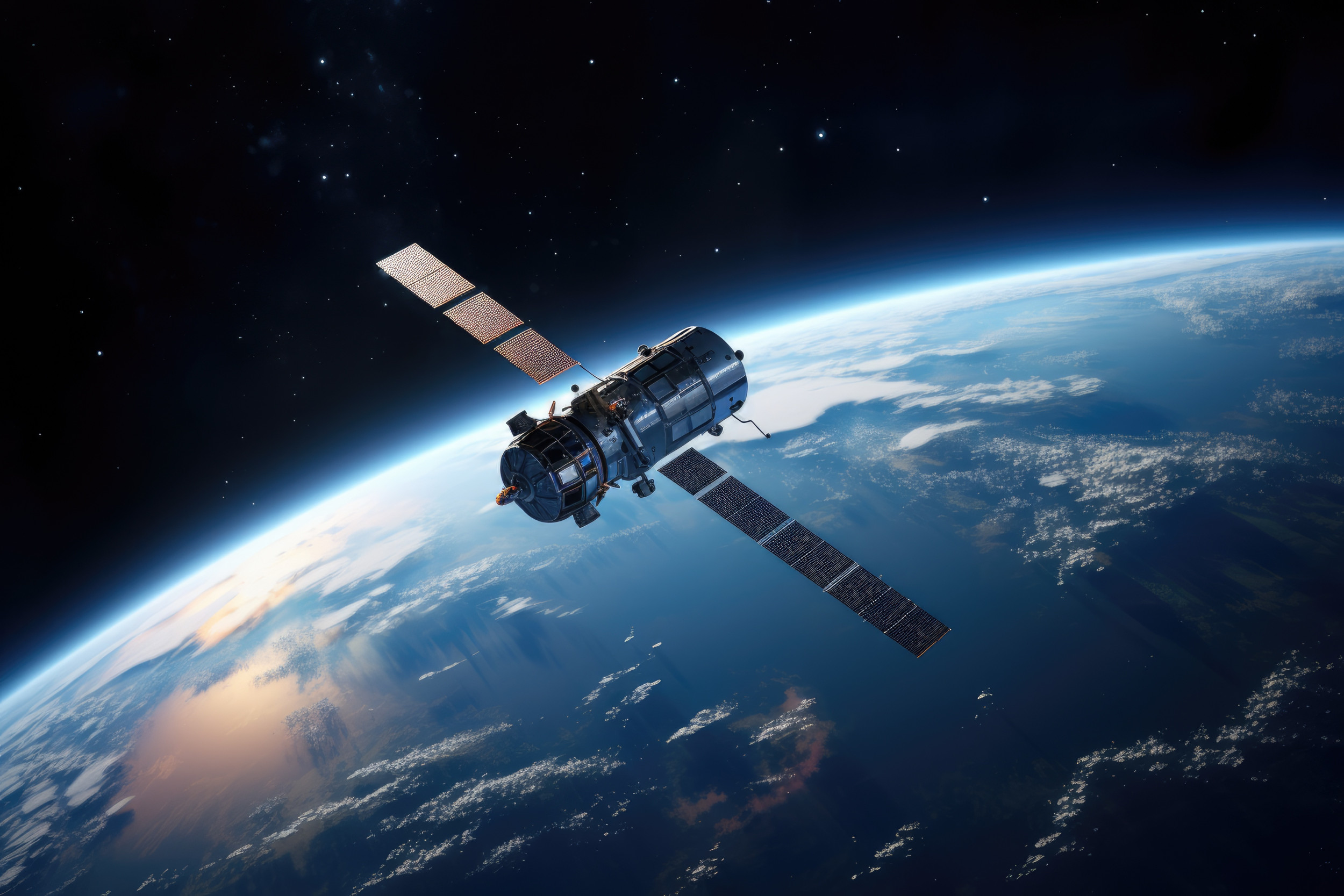
There are few modern technological achievements as significant as those related to astronomy and space exploration. Such tools have increased our understanding of our solar system and beyond, yielding insights and discoveries previously relegated to the deepest confines of the imagination.
As we grow to learn more about our solar system and beyond, the resources associated with these initiatives have also produced a variety of benefits for life on Earth, building a stronger, more informed society and establishing a firmer foundation for this technology's continued evolution.
A Better Understanding of the Planet
When considering the various technologies at play in today's space industry, the natural instinct is to look beyond — to distant planets, celestial phenomena, and other space-related matters that may one day produce answers to our most enduring scientific and existential questions. However, these resources are equally promising for present on-Earth living — especially within sustainability and planetary health.
Prevailing satellite technology allows a clearer, more clarified view of Earth's climate, including — but not limited to — notable shifts in the planet's composition, metrics related to natural resources and emissions, and gauges associated with air and water quality. These capabilities expand to the tracking of natural disasters and other widespread planetary activity, giving us more time to allocate resources and project long-term impact.
Enhanced Connectivity
Space insights have also bolstered communication and digital connectivity worldwide. These shifts have been long-standing, exemplified by breakthroughs like satellite television and radio, but they have only grown quicker since their introduction. Now, as space-driven communication integrates with concepts like AI, 5G, and advanced analytics, it has helped create the most diverse, efficient network of interconnected digital pathways in the history of humankind.
Concurrent trends exist within this revolution — everything from the cellular network innovations of Starlink to the process of developing leaner, more affordable satellites for the future — and their established and ongoing disruptions suggest far-reaching implications for tomorrow.
Ongoing Inspiration
Space technology is also the crux of space-related education; it has produced the findings and insights necessary to inform younger generations of planetary composition, celestial activity, aerospace, and other key concentrations making up our understanding of astronomy. The space industry's origins are perhaps the best evidence of this fact; even as initial space exploration became contentious and enigmatic, it spurred both interest and urgency within educational institutions.
Science and engineering, in particular, saw increased participation and funding as the country fortified its space infrastructure and looked ahead to more ambitious ventures. While some of these changes were products of a dynamic and ever-changing historical period, they underscore a key fact: as space research grows, so too must its underlying personnel, and this is a positive self-feeding cycle as we reach farther beyond than ever before — with the education system benefitting as a result.
Final Thoughts
The modern space industry continues to inspire tomorrow's astronauts, researchers, and aerospace engineers because it must — and as industry technology grows at a faster, more innovative rate, the above benefits stand to grow at a similar pace. This notion paints a future as plentiful for Earth as it is groundbreaking beyond the planet's confines.
Uncommon Knowledge
Newsweek is committed to challenging conventional wisdom and finding connections in the search for common ground.
Newsweek is committed to challenging conventional wisdom and finding connections in the search for common ground.





